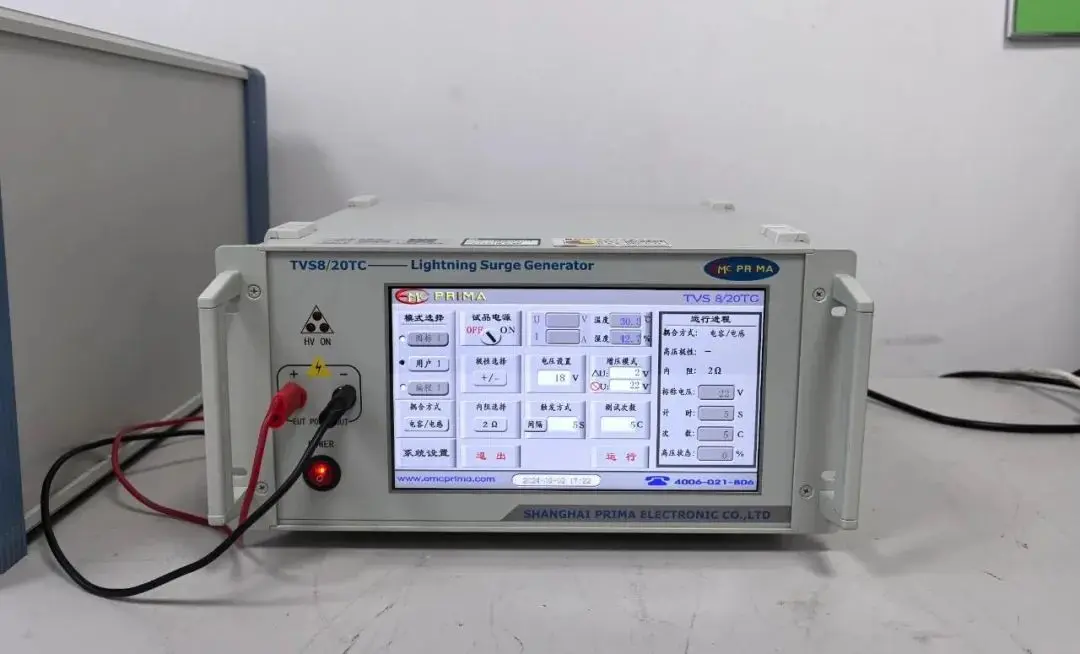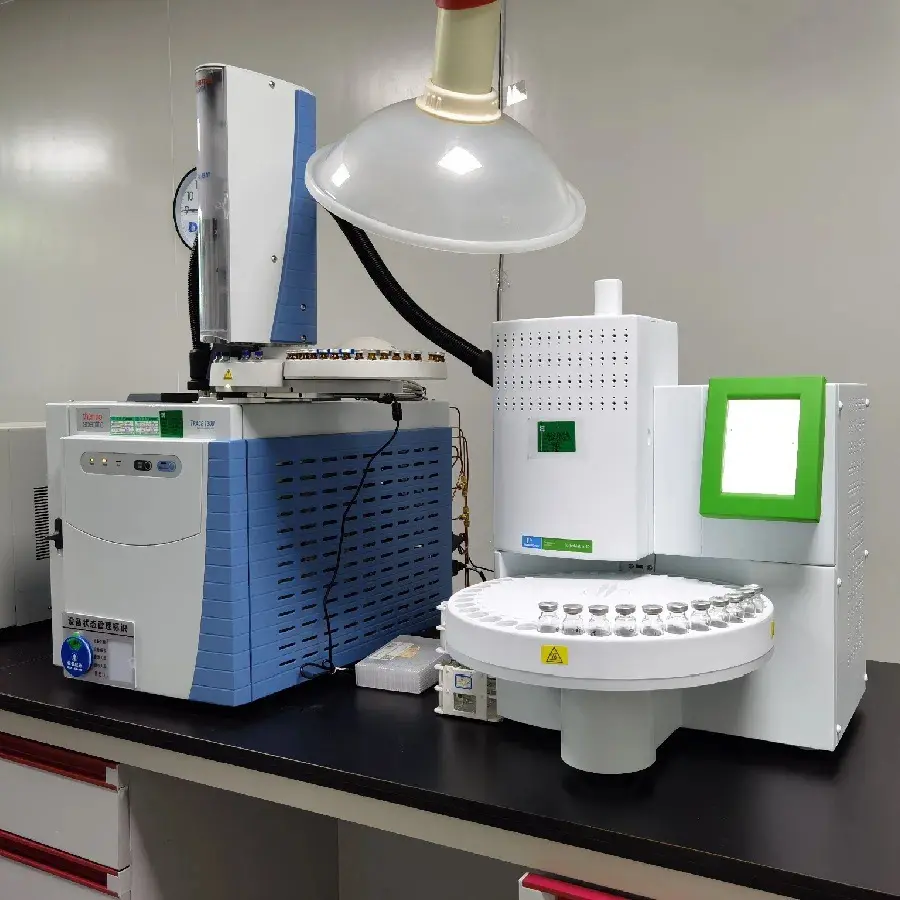
Top 10 Amazon Electronics Certifications for the US and Europe
Amazon sellers should be aware that many products, whether in the North American or European market, must undergo relevant certification to be sold on Amazon.

If products lack the required certifications, it can be difficult to sell on Amazon. If Amazon discovers this, the listing may be suspended. During shipment, the products may also face customs clearance issues, with a risk of being held.
Due to higher profit margins compared to standard home products, electronics have become the preferred choice for many Amazon sellers. Amazon has been increasingly strict with certification requirements for electronics. Below is an overview of the different certifications for electronics in the US and Europe, highlighting what sellers need to be aware of.
European Union (EU)
The EU's product certification requirements are generally stricter than in other markets, and the EU tends to be more rigorous in enforcement and customs/retail checks. Sellers must strictly follow various certification regulations to sell legally in the EU.
CE
The CE certification ensures basic safety requirements and is mandatory. The CE mark signifies that the product meets the safety requirements outlined in EU directives. CE covers most standards and is the minimum requirement for sellers exporting to Europe.
- Mandatory: Yes
- Product Range (Electronics): All electronic products
GS
GS certification is a voluntary safety certification based on German Product Safety Law (GPGS) and is recognized across Europe, particularly trusted in Germany. It exceeds CE certification in its requirements.
- Mandatory: No (Voluntary as a quality mark)
- Product Range (Electronics): Home appliances, household electronics, industrial machinery, etc.
RED (Radio Equipment Directive)
The RED certification is a mandatory CE certification for wireless products and is required for wireless products entering the EU market.
- Mandatory: Yes
- Product Range (Electronics): Wireless remote controls, Bluetooth products, etc.
LVD (Low Voltage Directive)
LVD is part of the CE standard and provides guidelines for safe design of low-voltage products to ensure safety during use.
- Mandatory: Yes
- Product Range (Electronics): Products using 50V-1000V AC or 75V-1500V DC
EMC (Electromagnetic Compatibility)
EMC ensures that products do not interfere with other electronic devices. It is part of CE and gs certifications.
- Mandatory: Yes
- Product Range (Electronics): Electronic and electrical devices
RoHS
RoHS limits the use of hazardous substances in electrical and electronic equipment. It mandates the elimination of lead, mercury, and other substances in electronics.
- Mandatory: Yes
- Product Range (Electronics): All electrical and electronic products
REACH
REACH regulates the use of chemical substances in products, acting as an upgrade from RoHS by limiting more chemicals.
- Mandatory: Yes
- Product Range (Electronics): All products containing chemicals
WEEE
WEEE addresses the recycling and disposal of electronic waste, enforcing manufacturers to meet recycling standards.
- Mandatory: Yes
- Product Range (Electronics): All electronic products
United States
Compared to Europe, US certification regulations are generally more "relaxed." However, this doesn't mean sellers can ignore these standards, as compliance is still required.
FCC
The Federal Communications Commission (FCC) certification is mandatory for most wireless, communication, and electronic products entering the US market.
- Mandatory: Yes
- Product Range (Electronics): Wireless products, computers, audio products, etc.
UL
UL is a voluntary certification for product safety in the US, and while it is not mandatory, it is widely recognized as a mark of quality, particularly for electrical safety.
- Mandatory: No, but Amazon may require UL for certain electronic products
- Product Range (Electronics): Almost all electronic products
RoHS
RoHS Compliance is also recognized in the US, and self-declaration is generally accepted.
- Mandatory: No
- Product Range (Electronics): Electronics containing hazardous materials
Email:hello@jjrlab.com
Write your message here and send it to us
 Amazon UL Standard Test Report
Amazon UL Standard Test Report
 When Can FCC ID Modifications Be Filed?
When Can FCC ID Modifications Be Filed?
 LoRa Certification Testing Laboratory
LoRa Certification Testing Laboratory
 Blood Pressure Monitor Certification Testing Servi
Blood Pressure Monitor Certification Testing Servi
 ECG Device Certification Testing
ECG Device Certification Testing
 Pulse Oximeter Certification and Testing Standards
Pulse Oximeter Certification and Testing Standards
 IVD Medical Device GB 4793:2024 Test Report
IVD Medical Device GB 4793:2024 Test Report
 IECEE CBTL Testing Laboratory for IVD Medical Devi
IECEE CBTL Testing Laboratory for IVD Medical Devi
Leave us a message
24-hour online customer service at any time to respond, so that you worry!




